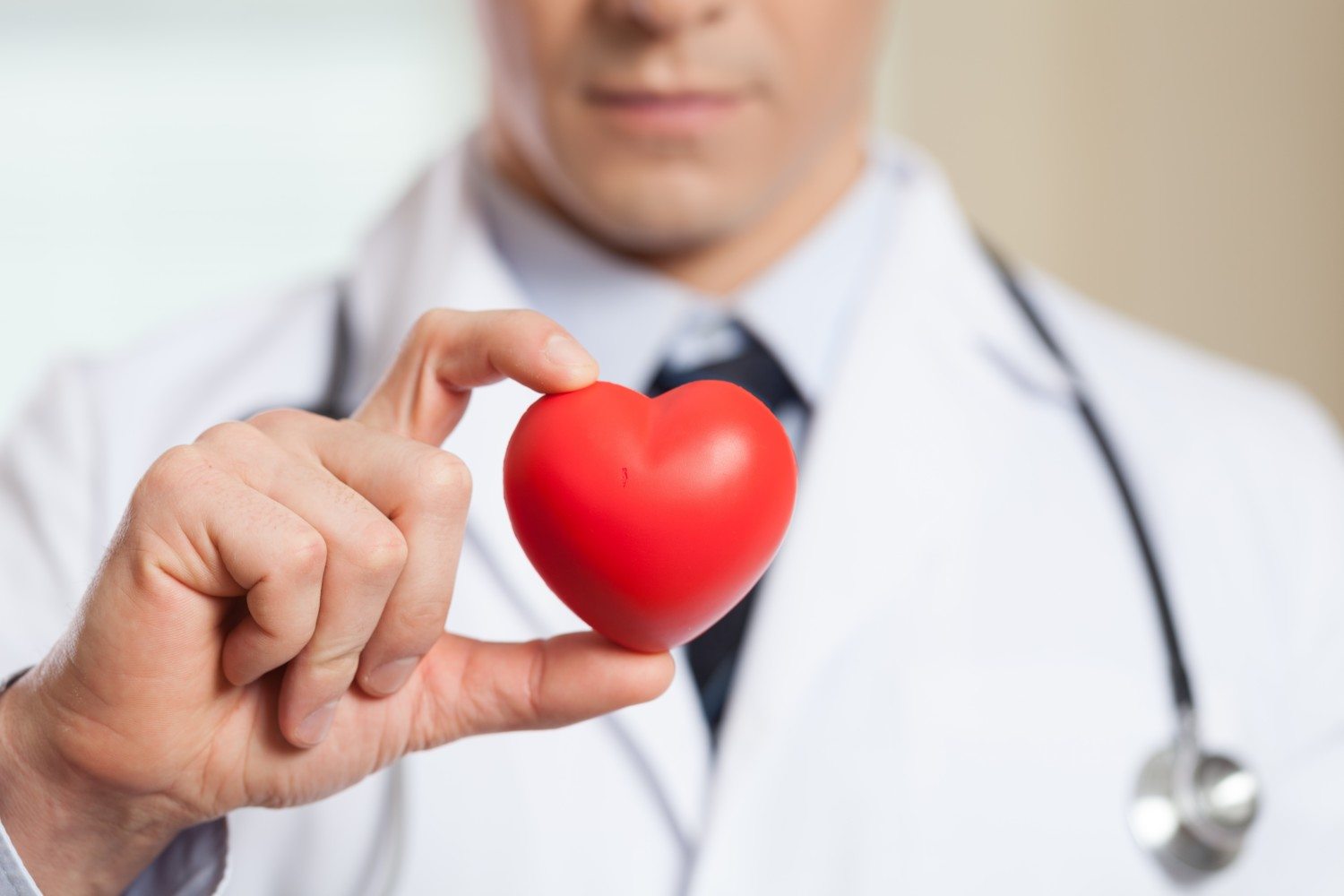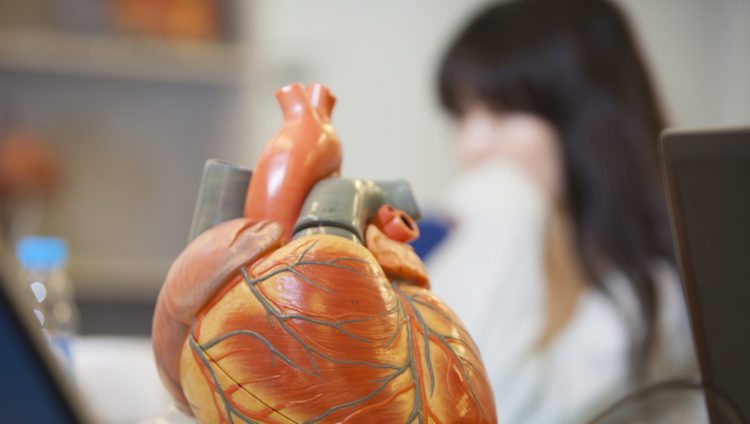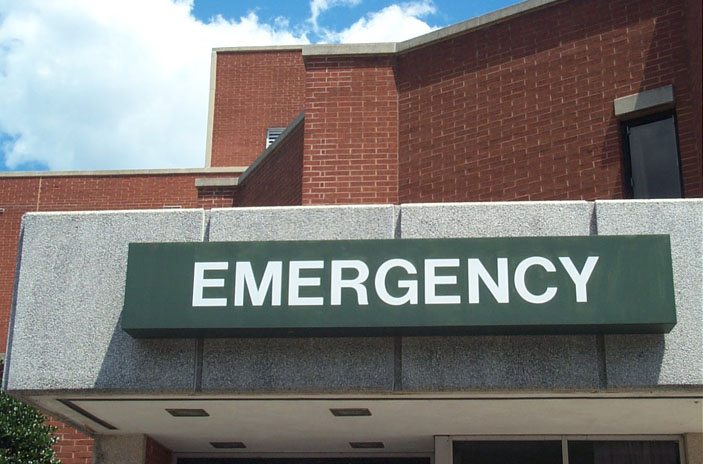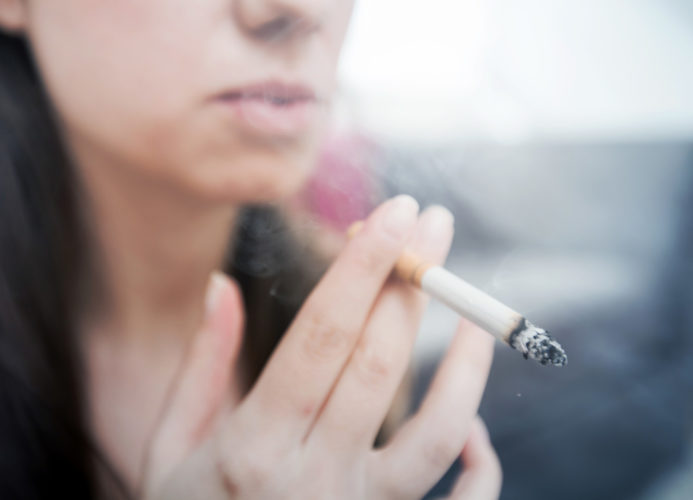5 Heart Attack Warning Signs You Shouldn’t Ignore

Believe it or not, heart attacks don’t always happen as dramatically as they do on TV or in movies — you won’t necessarily feel agonizing pain and begin clutching your chest.
In fact, researchers have found that nearly half of heart attacks are silent, which means they don’t present with any symptoms, according to the American Heart Association.
There are some surprising warning signs you should be on the lookout for, even if you’re a fitness freak, because a heart attack can happen to anyone.
“You could be perfectly healthy and have something like that happen,” Nicole Weinberg, a cardiologist at Providence Saint John’s Health Center in Santa Monica, California, told SELF. “It doesn’t have to be an overweight smoker who eats McDonald’s every day.”
Here are the top signs you should take very seriously. If you experience these symptoms without other explanation, call your doctor or head to the ER:
1. Vomiting
Sue Palmer was fast asleep when she woke up suddenly and rushed to the bathroom to vomit. She got sick again a few minutes later.
On the advice of her husband, Palmer rushed to the emergency room, where doctors discovered she was having a major heart attack.
“Plaque had ruptured in the wall of my right coronary artery, which caused the clot to form and can produce the sort of nausea that made me throw up,” Palmer wrote in The Washington Post. “That was my only warning sign. If I had gone back to sleep that morning, as I had wanted to, I may not have awakened.”
Palmer’s experience — that she didn’t think vomiting was related to her having a heart attack — is a common one. Though men and women experience many of the same symptoms, they may be less dramatic in women, who are also less likely to associate them with a heart attack, according to George S. Abela, chief of the cardiology division at Michigan State University.
2. Dizziness
It’s normal to feel a little dizzy when you stand up too quickly. But sudden dizziness or fainting may also be a sign that there’s not enough blood making its way to your brain.
“It could mean your blood pressure has dropped because your heart isn’t able to pump the way it should,” Vincent Bufalino, a doctor and a spokesman for the American Heart Association, told WebMD.
RELATED: These Signs Could Mean You Have A Deadly Blood Clot
3. Discomfort
Your chest may not suddenly seize up with intense pain, but you might notice chest discomfort or pressure.
This chest pressure or pain may feel like a squeezing in your chest. That’s because your heart isn’t getting enough oxygen-rich blood, according to the American Heart Association.
You may also notice discomfort in your shoulders, arms, neck, jaw and back. These feelings are not something you want to mess around with — 735,000 people in the U.S. have a heart attack every year and heart disease is the leading cause of death for both men and women. Call 911 or head to a hospital immediately.
4. Sweating
If you start sweating for no reason — you’re not exercising or stressed out — you may be experiencing a heart attack, according to Leslie Cho, a cardiologist at Cleveland Clinic.
You may also notice that the sweat is accompanied by a cold, clammy feeling, she says.
RELATED: Neurosurgeon Explains Warning Signs Of Brain Aneurysm After Sudden Death Of Young Mom
5. Feeling Off Or Tired
Many men and women describe feeling a little weird or just a bit off when suffering a heart attack. That feeling may also be accompanied by exhaustion or lethargy.
Sharonne Hayes, a cardiologist and founder of the Mayo Clinic’s Women’s Heart Clinic, told SELF that “profound fatigue that you don’t normally feel” is a very common heart attack symptom.
This is the type of symptom people are more likely to brush off or attribute to something else, she says. But don’t hesitate to visit the emergency room and say you think you may be having a heart attack.
“It may make doctors think about something they haven’t thought of,” she said.











